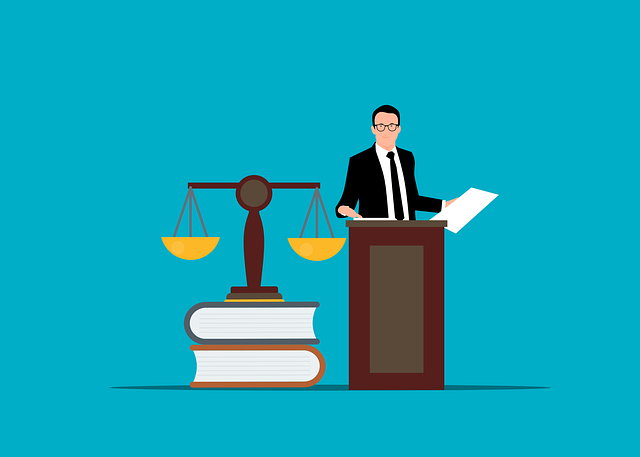Civil cases involve cases that aren’t criminal types. Civil lawyers, also known as litigation lawyers, handle the case for their clients who aren’t changed through any criminal act. Civil cases are essential for providing the basis for legal institutions, and they also balance the privacy rights of individuals with the responsibility through legal obligations and responsibilities.
Civil laws are actually to resolve the disputes that arise between the parties of people. Whenever you feel your rights have been violated by anyone, you can take legal action by consulting litigation lawyers at Holding Redlich. This article would tell you the details of how a civil case is dealt with in court.
Phases of Civil Case
Every civil case goes through three basic phases; the institutional phase, the trial phase, and the judgment phase. Several other steps are involved in each of these phases. Once the case is submitted, the parties have to face each phase to reach the final decision from the judge.
Institutional Phase
This is the first phase of the civil case proceedings where the plaintiff registers his plaint in the court. The legal processes start from the very first phase. The plaintiff is required to show evidence of his identity and detail the issue that he has to complain about. The court reviews the plaint and the material provided by the plaintiff, and it can also reject the proceedings of legal action based on numerous factors. Once the case is registered, the court ‘summons’ is directed to the defendant to show up in the court on a decided date. The defendant is required to appear at the court or otherwise send a representative.
The defendant also has to send for a written statement where he can also make a counter-claim for his statement. Failing to send a written statement can result in the decision favoring the plaintiff. Counter-claim from the defendant is also taken as a plaint, which allows for the examination of both parties to move the case.
Trial Phase
The trial phase begins once all the pre-records and claims are assured. In the trial phase, the evidence is collected and examined. The evidence from both the parties, the plaint, and the defendant, are cross-examined and verified. Both parties are allowed to present their verbal statement in front of the judge and the lawyers carry out an argumentative session to reach the facts. This is referred to as ‘Final Argument Session’, which then takes away the case from representing litigation lawyers and puts it in the hands of the judge who then makes the final decision.
Judgment Phase
This is usually the last phase of a civil law case proceeding where the judge finalizes his decision. The decision can be made on the same day or the court could be adjourned till the next given date to hear the final decision. The party that wins the case is known as the decree-holder, and the party that loses the case is referred to as a judgment debtor.
If the losing party is not satisfied with the decision they can call for a review of judgment or may appeal against the decree.
Also Read: What Does a Lawyer Do?


